Police fire tear gas at protesters in Haiti amid fuel crisis
Haitian police have fired tear gas at demonstrators, who have taken to the streets in the capital, Port-au-Prince, to protest against the government's handling of crippling fuel shortages and soaring prices.
Thousands of protesters marched in the capital against the government of acting Prime Minister Ariel Henry, who is struggling to retain his fragile grip on power.
Reuters released footage showing a man being carried on a stretcher after suffering a leg injury and police firing teargas and guns into the air to disperse the protesters.
The demonstration took place on the day schools were meant to re-open after a one-month postponement of the resumption of classes after the summer break because of the economic crisis.
"If the prime minister solves insecurity and hunger, if he can solve the gang problems in the country and manage the crisis, there will be no problem in restarting classes," a protester said. "If he has no answers to these questions, he must leave power and hand it to the right person."
Henry announced a fuel price increase last month. The resulting shortages have forced some hospitals, which are powered by diesel generators, to close, and has shut down transport and brought much of the daily life in the country to a halt.
The prime minister has acknowledged the right of people to protest but condemned the people involved in looting, vandalism, and violence. "Sooner or later they will have to answer for their crimes before history and the law," he said.
Last week, the United Nations (UN) warned about "a humanitarian catastrophe" in Haiti amid an ongoing "economic crisis, a gang crisis, and a political crisis."
The protest came a day after Haiti's health minister said at least seven people had died of cholera, indicating more problems with access to clean drinking water in the poorest country in the Americas.
The outbreak death toll is likely "much higher" than reported and is expected to rise, the World Health Organization (WHO) said on Tuesday, warning that the country's multiple crises would complicate a humanitarian response.
An outbreak of cholera killed some 10,000 people in 2010.
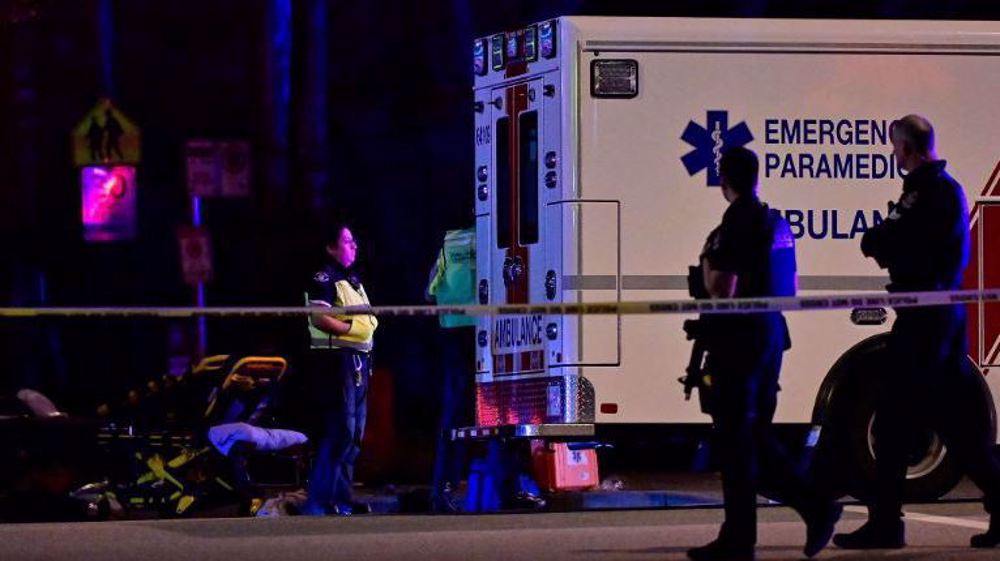
Eight killed, six injured after car rams into crowd at Vancouver Filipino festival
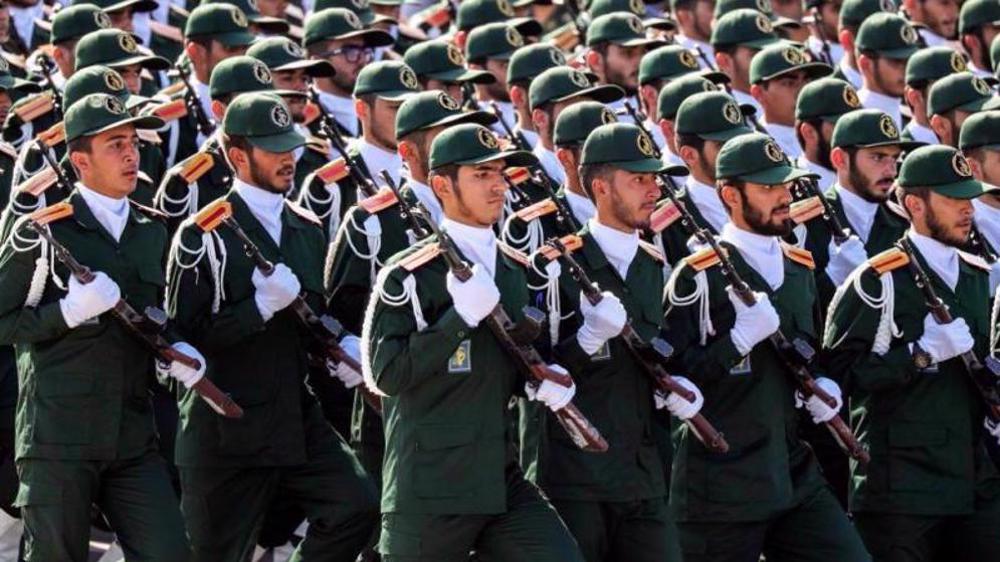
Tehran slams Paraguay’s blacklisting of IRGC as illegal, tied to Israeli agenda
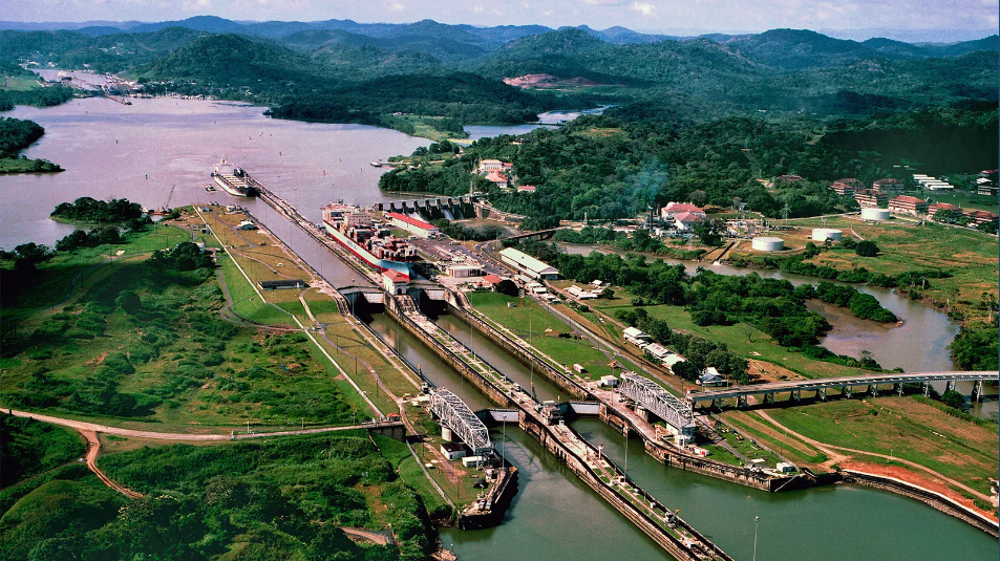
Panama rejects Pentagon chief's idea of US bases on its soil
Iran asserts zero enrichment ‘non-negotiable’, insists defense capabilities ‘red line’
VIDEO | An Insider's View of Iran: Khorramshahr, Abadan and Niavaran Palace
Israel weaponizing aid in Gaza as hunger crisis deepens by all-out blockade: UN
VIDEO | Palestinian Prisoners' Day in US highlights links with African-Americans
Lebanon appeals to ceasefire guarantors to press Israel to halt attacks
‘US attacks on Yemen triggering widespread oil spill, environmental hazards for region’
VIDEO | Americans fear impending economic recession
VIDEO | Press TV's news headlines





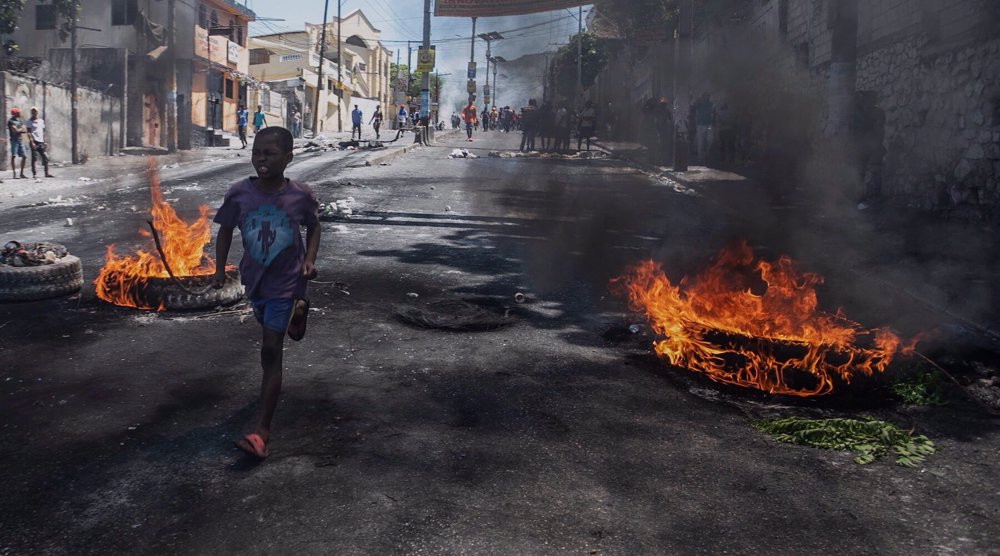
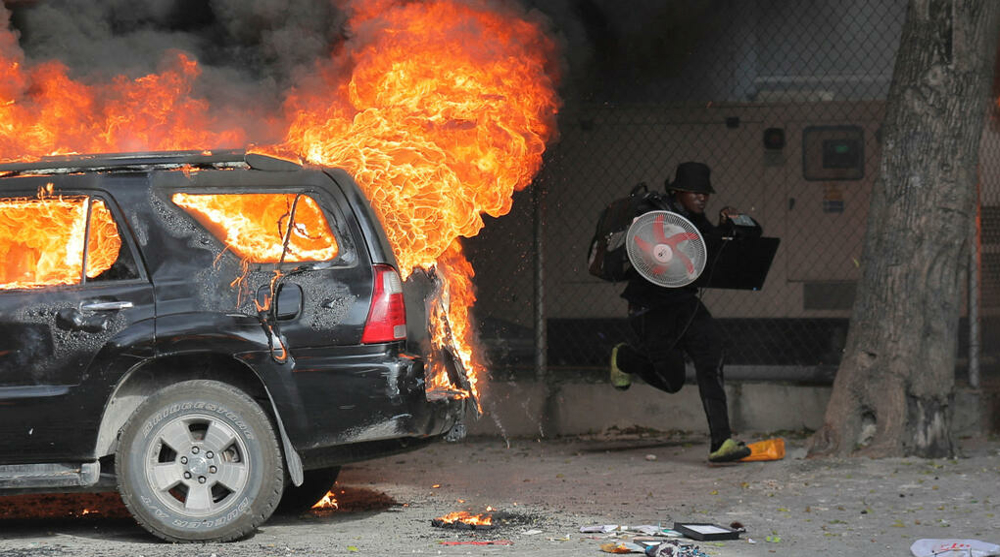

 This makes it easy to access the Press TV website
This makes it easy to access the Press TV website